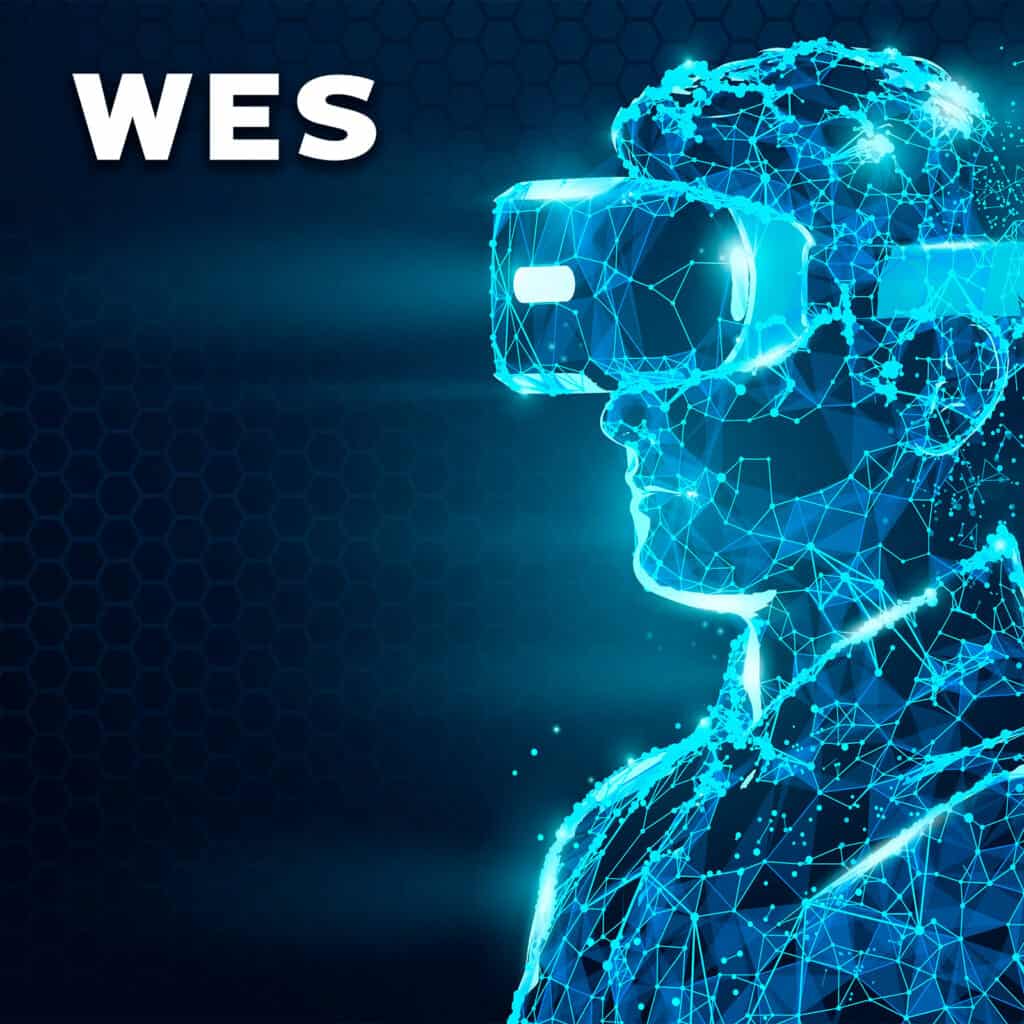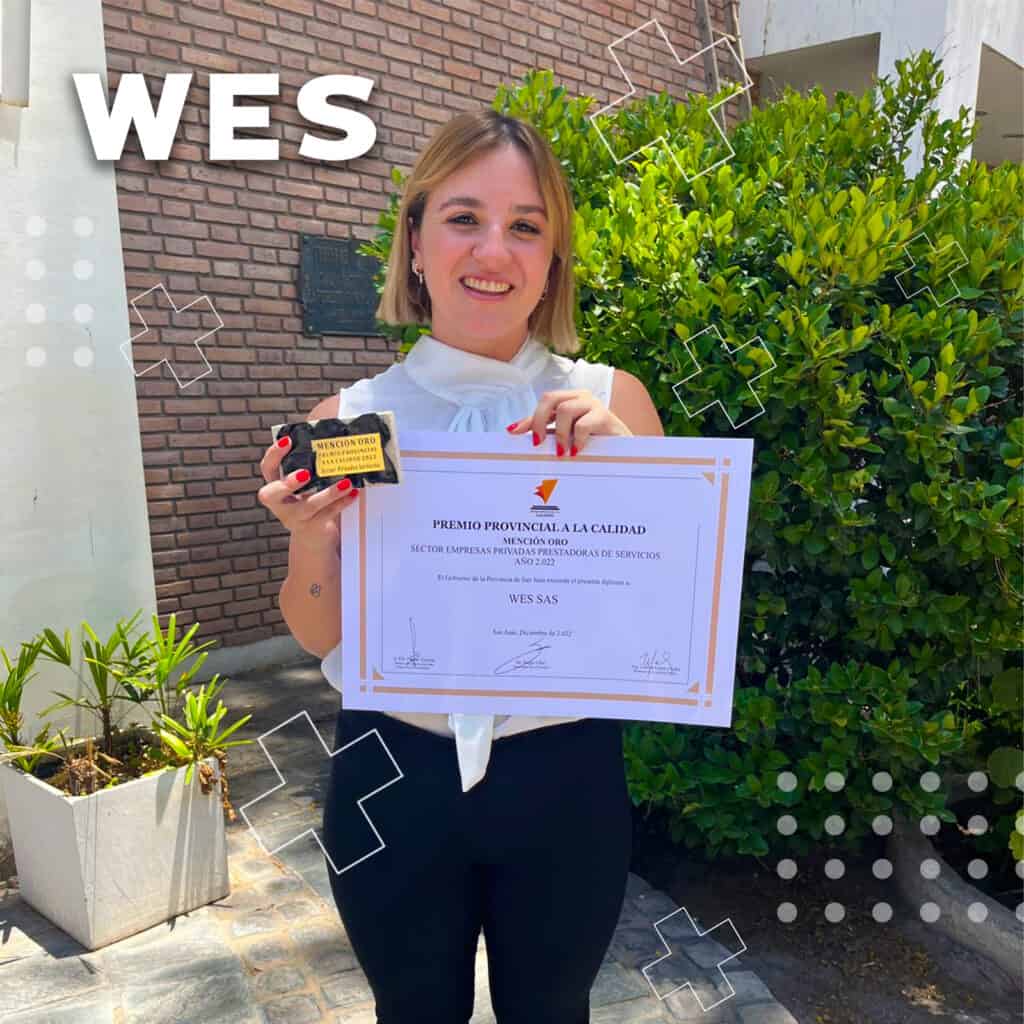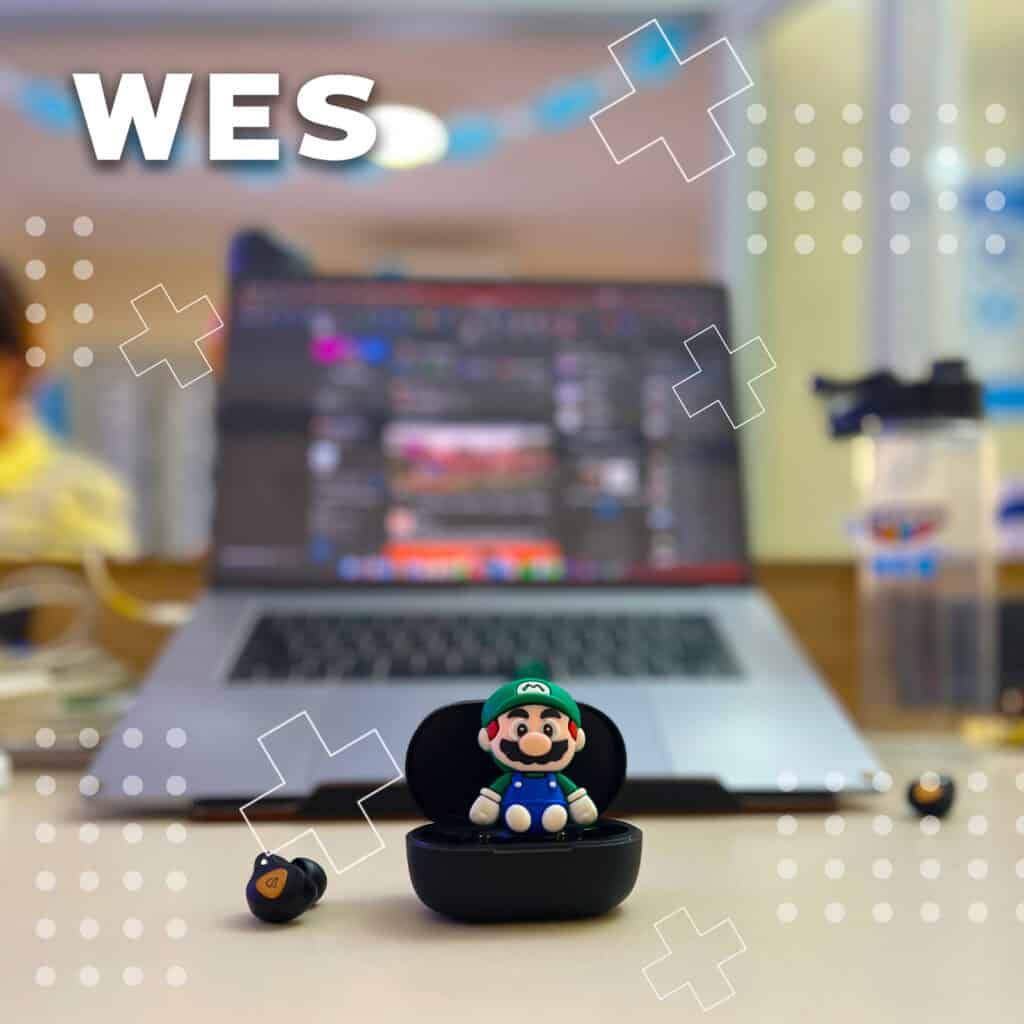In the journey towards a new industrial revolution, the primary raw material is information. To maximize plant performance, make the most of available resources, and align production with the expectations of the modern consumer, we need to infuse intelligence into factory management. At WES, we have a specialized team composed of industry professionals, engineers, and developers who ensure swift access and impact for your plant performance improvement challenges.
What is Industry 4.0?
The term Industry 4.0 refers to a new model of organization and manufacturing cycle control based on technology. Conceptually, it involves the integration of all actors in the product manufacturing process (machines, equipment, and people) to organize protocols, analyze performance, enhance productivity, set objectives, optimize costs, minimize losses, and more.
The gap between traditional industry and Industry 4.0
What does traditional industry need to become Industry 4.0?
- Integrations between your different systems
This means achieving the interaction, data sharing, and communication of your current digital systems is crucial. The rapid digital transformation in certain industries has led manufacturers to implement specific niche solutions that are currently isolated compartments. One step towards digitization in Industry 4.0 is to interconnect these isolated systems, integrating them into an ecosystem that includes people, IT systems, machinery, and equipment.
- Business Process Modeling (BPM)
Building and developing manufacturing workflows through software to standardize processes, enhance traceability, and interact across different production levels.
- Advanced and collaborative robotics
The improvement of artificial intelligence, combined with sensor technology advancements, has enabled the creation of increasingly autonomous, flexible, and cooperative robots that interact with humans more safely as technology progresses.
- Robotic Process Automation (RPA)
To transition traditional industry to Industry 4.0, it's crucial to implement RPA for automating repetitive processes. Introducing RPA systems allows for the digitization and optimization of routine tasks using technologies like artificial intelligence, machine learning, and robotics. This not only boosts operational efficiency by reducing human errors and increasing execution speed but also lays the foundation for greater real-time connectivity and data collection.
- Migrations
Digital transformation demands migrations from on-premise software in expensive data centers to the cloud to reap the benefits of "pay-per-use," reducing depreciation costs, maintenance, and energy consumption.
- IoT
We are now living in the era of the "Internet of Things" (IoT). This innovative communication protocol enables efficient data exchange among sensors, instruments, machinery, and other interconnected devices, creating a comprehensive data ecosystem. This treasure trove of information fuels in-depth analyses that unravel the overall performance of production processes, while enabling interactions between devices, process automations, and precise measurement and control of the production process.
- Extracting value from generated data (ETL/BI)
With an increasing number of intelligent products, personnel, machinery, and systems in factories, the volume of generated data multiplies. In addition to recording this data, there's a need to compile and organize it to identify patterns, analyze processes, failures, performance, improvement opportunities, predict and prevent future events, and create reports and dashboards.
- ML/AI
Estas tecnologías avanzadas permiten a las empresas transformar datos masivos en conocimientos significativos, mejorando la toma de decisiones y optimizando procesos. La implementación de algoritmos de aprendizaje automático posibilita la predicción de tendencias, la optimización de la cadena de suministro y la personalización de la producción. La Inteligencia Artificial, por su parte, impulsa la automatización inteligente, facilitando la adaptación rápida a cambios en el entorno empresarial y la mejora continua. Para abrazar completamente la revolución 4.0, las empresas deben invertir en capacidades de ML/AI (Aprendizaje de Máquina/Inteligencia Artificial, por sus siglas en inglés), desde la adquisición de talento especializado hasta la creación de infraestructuras tecnológicas robustas que permitan el despliegue eficiente de estas herramientas innovadoras.
- Convergence of IT and OT
Until recently, there was a clear distinction between Information Technology (IT) and Operational Technology (OT). The integration of IT (systems, applications, software, infrastructure) and OT (machinery, equipment, tools, robots, people) is the core of the Industry 4.0 current, made possible today by IoT (Internet of Things), enabling easy interconnection of devices or machinery, providing performance, maintenance, or failure information and becoming part of the company's technological stack.
What are the benefits of implementing an Industry 4.0 project?
Technological ecosystem:
Integrating plant assets into the company's technological stack (ERP's, MRP's, CRM, among other applications) poses a significant advantage. It allows the interaction of all production assets with the company's systems for monitoring and performance analysis.
Informed decision-making:
An Industry 4.0 project enables precise measurement of the performance of all production components and provides plant managers with all the answers needed to improve performance. Where is profitability slipping away? Which equipment performs best, with which operator, at what time, and with what type of material? In which processes is energy or raw material consumption at its highest? How can plant shifts be optimized? How can material or raw material waste be minimized? How to organize the plant, its design, or layout to reduce production times? Which process stages act as bottlenecks or hinder overall production performance? These and many more questions find answers through available information and proper exploitation using business intelligence tools.
ROI
Few technological projects offer as clear, quick, and concrete returns on investment (ROI) as an Industry 4.0 project. Besides its rapid implementation, a project of this nature quickly identifies inefficiencies, bottlenecks, poor performance, and process improvement opportunities. The return on investment translates into savings in raw material and material consumption, waste reduction, process efficiency, logistic costs, inventory optimization, labor, and directly impacts short-term results.



